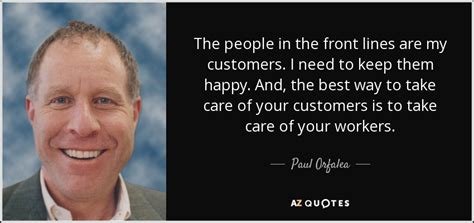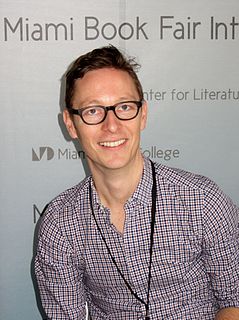A Quote by James D. Watson
My whole life has been basically trying to find intelligent students or, you know, highly motivated students and giving them an opportunity to do good science.
Related Quotes
Public education for some time has been heavily focused on what curricula we believe will be helpful to students. Life-Enriching Education is based on the premise that the relationship between teachers and students, the relationships of students with one another, and the relationships of students to what they are learning are equally important in preparing students for the future.
If I ever treated being gay as a problem, then I'm going to continuously find problems, I'm never going to find solutions. Students consistently ask about my personal life, and I kindly let them know, "That's my personal life, you don't need to know that." I've never had a negative interaction with students or parents. I try to become a part of the community so that parents can feel as comfortable with their child moving along in the curriculum more so than me being a problem.
I have find that today's students are often more tolerant of human variance than students in earlier generations might have been. On the other hand, some of our students need much more interaction with a wide variety of peers so they level of understanding deepens and so they are prepared to live in a world that is only going to get smaller.





































